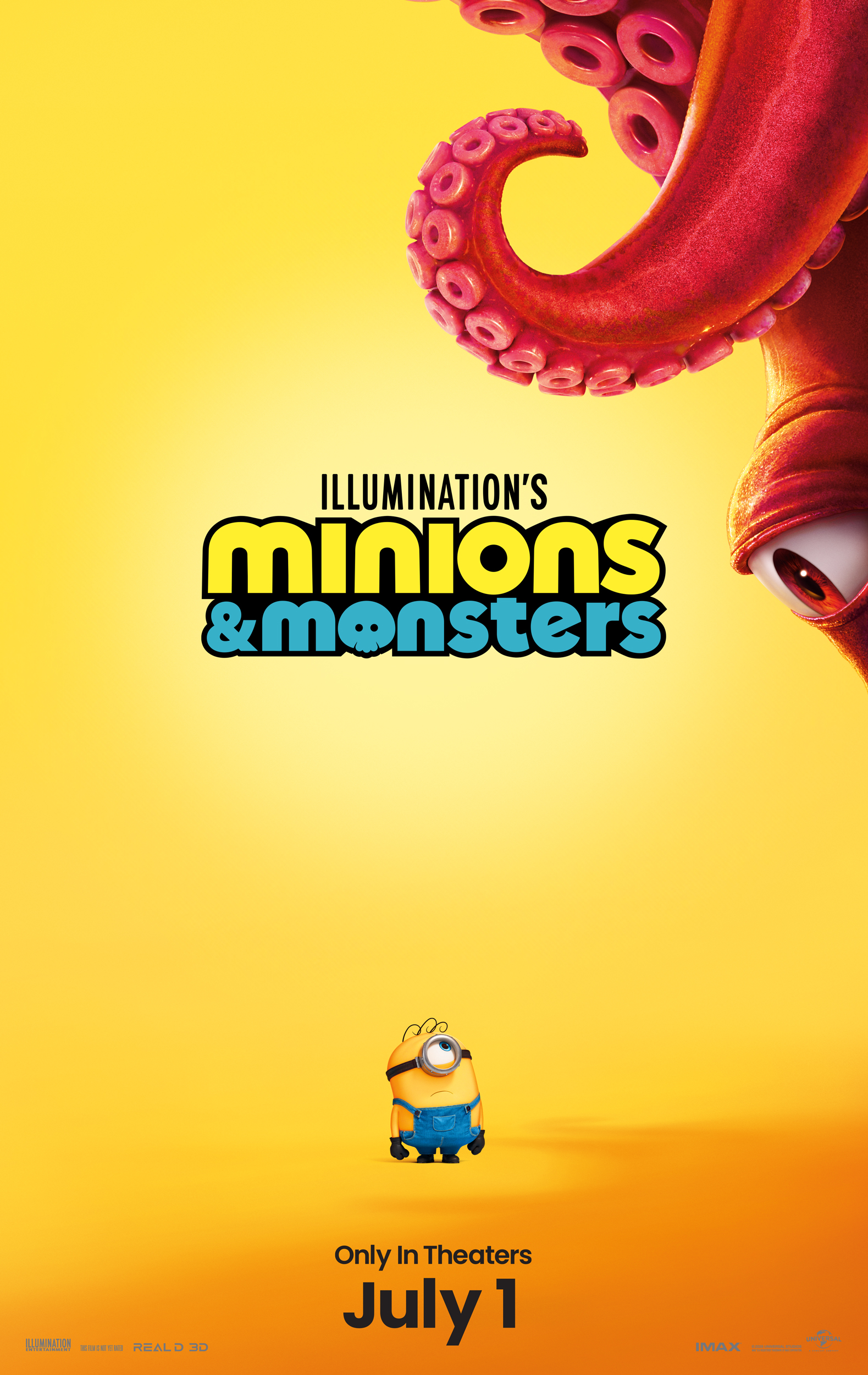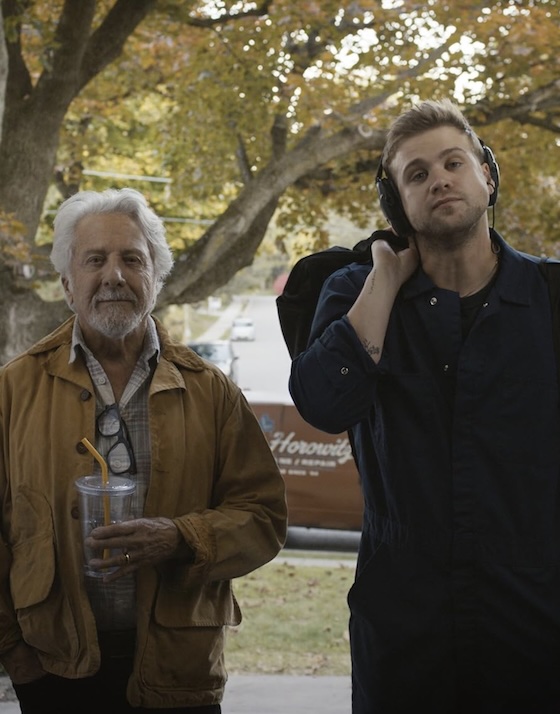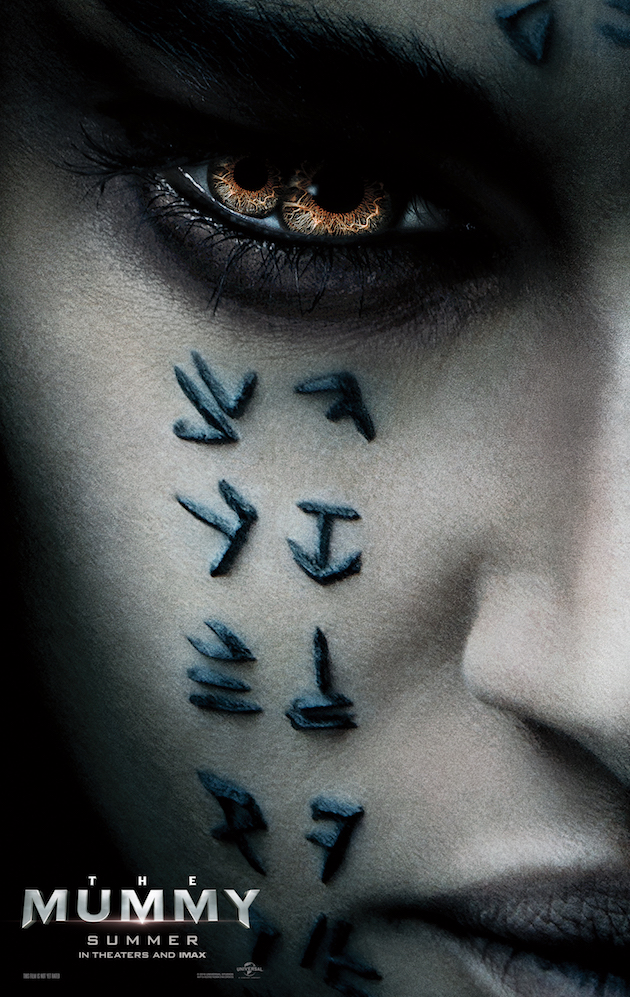{googleAds}
<div style="float:left">
<script type="text/javascript"><!--
google_ad_client = "pub-9764823118029583";
/* 125x125, created 12/10/07 */
google_ad_slot = "8167036710";
google_ad_width = 125;
google_ad_height = 125;
//-->
</script>
<script type="text/javascript"
src="http://pagead2.googlesyndication.com/pagead/show_ads.js">
</script></div>{/googleAds}A widow should be long suffering until death, self-restrained and chaste. A virtuous wife who remains chaste when her husband has died goes to heaven. A woman who is unfaithful to her husband is reborn in the womb of a jackal. - Laws of Manu, Chapter 5 Verse 156-161, Dharamshastras (Sacred Hindu Texts). And so, from this ancient Hindu belief flows the beauty of Water.
Set in 1938 India, against the rising of religious leader Mahatma Gandhi, Water tells the story of Chuyia (Sarala), a spirited and lovable child, who is both married and widowed at the tender age of eight. Too young to recall her economically-arranged marriage to an aged man, Chuyia learns that religious custom requires her to forsake all worldly desires and instead, serve a poverty-stricken life in mourning. With her long hair shorn and her colorful robes replaced with a plain, white sari, the child is "branded" an Indian-widow for the public to revile. Abandoned at a dilapidated ashram on the River Ganges, Chuyia is forced to carry out a life penitence, grieving for the husband she never knew.
Horrifically, Chuyia finds that she is not alone. Inside the decaying walls are a startling number of Indian women, who from as early as seven years of age, have suffered at the direction of a stagnant and traditionalist society, including: "Auntie" (Vidula Javalgekai), an elderly widow whose only memory of childhood is the delicious sweets she consumed at her bridal feast; Skakuntala Didi (Seema Biswas), the mother-like figure whose unwavering strength and faith is tested in her protection of Chuyia; and Kalyani (Lisa Ray), the young, "jewel of the house," whose ability to help pay the ashram's rent and wear long, luxurious hair come at the price of being prostituted across the river to the Brahmin gentry. Although Chuyia makes heart-wrenching declarations that her mother will be coming to take her away, she learns to find some semblance of home in these widows; and in turn, each captures a ray of hope in Chuyia's childlike innocence.
Unexpectedly, Chuyia and Kalyani's chance meeting with Narayan (John Abraham), a law student and devout Gandhi-nationalist, sparks a love affair that will pin Kalyani and Narayan against familial and societal mores. As the voice of Gandhi, Narayan offers the self-supporting widows a glimpse of change stirring outside the ashram walls; a change that will not only reveal the shocking truth about their forced and repugnant exile from society, but ignite a fury of questions regarding the prejudices launched against them, the unquenchable thirst for love and remarriage, and most importantly, their undying faith.
The last installment of writer/ director Deepa Mehta's elemental trilogy (Fire (1996), Earth (1998)), Water dares to expose the economic ostracization of women from Indian society, conveniently masked in the guise of religious tradition. Undoubtedly an unflattering view of strict-adherents to antiquated Hindu philosophies, Water sparked extremist groups to pillage its sets, wage riots in the streets of India and threaten Mehta's life should this film actually make it to production. However battered and bruised (it would take some five years, recasting and a move to Sri Lanka, before production could continue), Mehta's vision would not be beaten.
Cinematically, Mehta's persistence results in a masterpiece. Frame by frame, she and Director of Photography, Giles Nuttgens, capture the blues and greens of India in a way that only impresses the physical and emotional dismalness within the ashram. And while the symbolism is subtle, it is powerful nonetheless. River aside, the constant cleansing, stagnant water scenes, sprinkling of holy water and falling rains pervade the film but never once drown its viewers. Metaphorically speaking, the religious and symbolic undercurrents of the film are best evidenced through Kalyani in that one must "live like a lotus flower untouched by the filthy water it is in."
A raw, emotional film with minimal dialogue, Water offers its audience valiant performances nothing short of enviable. Ray and Abraham are magnificent as the forbidden lovers, but this film truly belongs to Sarala (a Sri Lankan girl who learned her lines phonetically) and Biswas (of Bandit Queen). Sarala's innocence will capture your heart and Biswas' struggle will break it. And if your heart isn't overflowing in their final scene, quite frankly, you don't have one. With scenes like that, it is no surprise that Water has received an Academy Award nomination for Best Foreign Language Film.
But the real heartbreak comes in a postscript to the film; 2,000 years after these Hindu texts were written, some 34 million Hindu widows remain ostracized, condemned to a life of destitution, begging for every meal and donning the same white sari and shaved head that distinctly sets them apart from, and allows them to be reviled by, their fellow man. We may think that such atrocities are unfathomable in today's day and age, but Mehta's humanitarian vision in Water, is a beautiful example of how that harrowing existence is very much alive, starving for change.
Thus, not only is this a wonderful film but an important one. With fluid precision, Water captures the feminine cycle of Hindu-widow-life as it is forced to endure social, economic and cultural deprivation at the hands of religion. It attacks class lines and unveils the manipulation of law and custom for the sake of economic and sexual convenience. It is passionate, profound and politically controversial. And while it exposes the filthy water of the world, it is a triumphant example of how that water can never truly wilt the gorgeous flowers that bloom therefrom.
DVD Details:
Screen formats: Widescreen Anamorphic 2.35:1
Subtitles: English, Spanish
Language and Sound: Hindi: Dolby Digital 5.1
Other Features: Color; interactive menus; scene access; making-of featurettes; director's commentary.
* Feature-length Audio Commentary - with Deepa Mehta.
o With Vince Vaughn and Jennifer Aniston.
* Featurettes -
o The Making of Water includes an interview with Mehta and some television news clips.
o Behind the Scenes Look (21:10) - An exploration of the controversy surrounding the film. Includes interviews with Mehta and much of the cast.
Number of discs: - 1- Keepcase Packaging
{pgomakase}



































